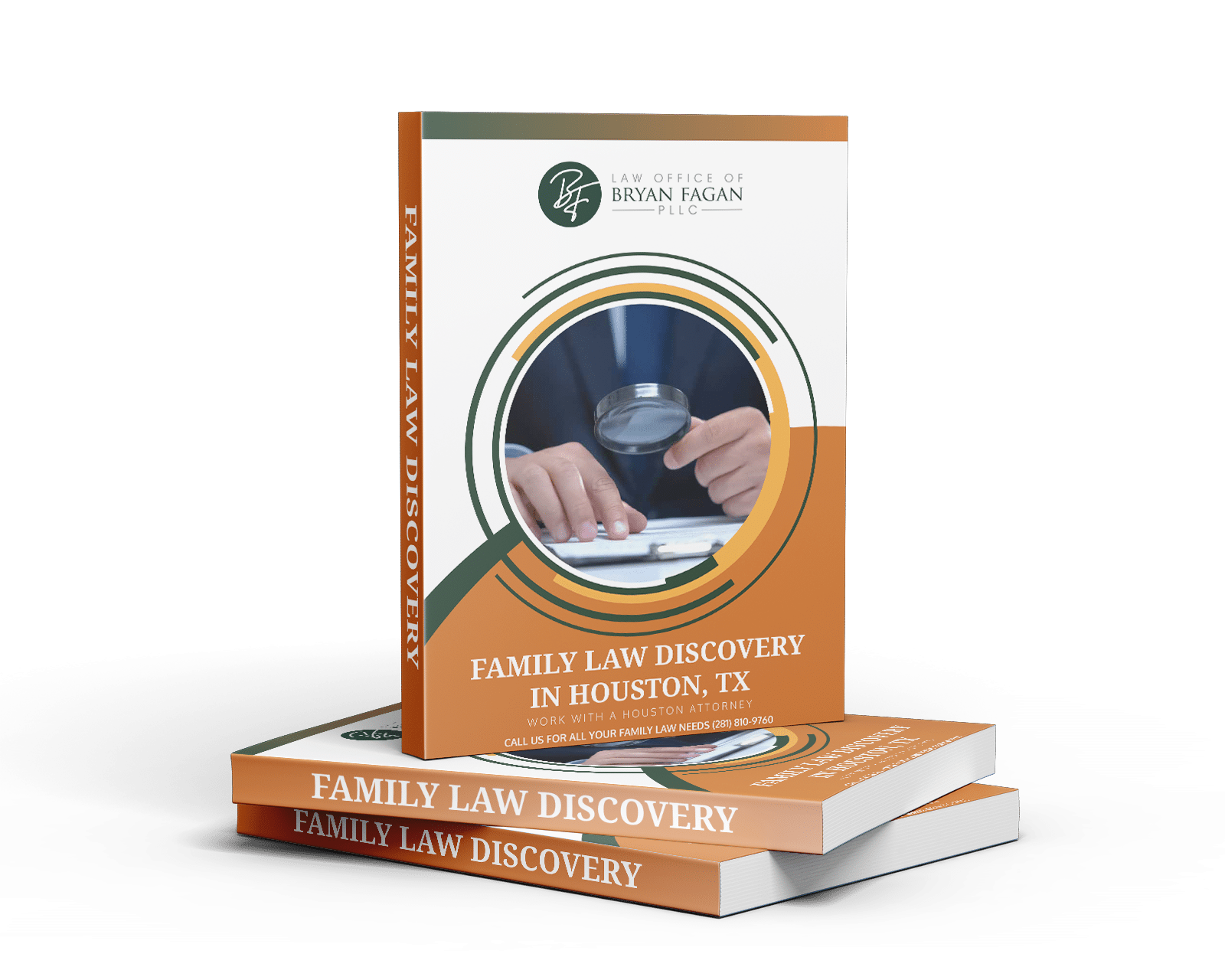
Courtroom battles can quickly drain your time, money, and emotional energy. That’s why many couples now choose a more peaceful and efficient alternative: mediation divorce. In this process, both parties collaborate with a neutral mediator to reach mutual agreements—without the tension of a courtroom showdown. Mediation divorce keeps sensitive matters private, puts decision-making power back in your hands, and often results in a quicker, more cost-effective resolution. It offers structure and fairness while reducing the stress that often comes with traditional litigation.
What Is Mediation?
Mediation is a private process where both spouses meet with a neutral third party to resolve their issues. This mediator doesn’t act as a judge and can’t force decisions. Instead, they help both sides find solutions on topics like:
- Child custody and visitation
- Property division
- Debt responsibility
- Support payments
Once both sides reach an agreement, they sign a binding contract called a Mediated Settlement Agreement (MSA). Courts usually accept this agreement and include it in the final divorce decree.
Why Choose Mediation?
Texas courts often encourage or require couples to try mediation before going to trial. In most cases, mediation reduces stress, shortens the divorce timeline, and lowers legal fees.
Benefits of Mediation in Texas Divorce
- More Control
You and your spouse make the decisions. Judges don’t always understand your personal needs. Mediation lets you create a plan that works for your life. - Lower Cost
Trials involve filing motions, attending hearings, and preparing for court. Mediation requires fewer hours of attorney time and can cost far less. - Faster Resolution
Courts in Texas often face delays. Mediation sessions can begin as soon as both parties are ready. Some couples settle in a single session. - Private Discussions
Mediation takes place outside the courtroom. You can speak freely without public records or courtroom pressure. - Less Conflict
Mediators use communication tools that lower tension. Even if you and your spouse disagree, a mediator helps keep the process calm and focused.
How the Texas Mediation Process Works
You can attend mediation with or without lawyers. Many people bring attorneys, especially in cases with property or child custody issues. Here’s how the process usually unfolds.
Step 1: Agreement to Mediate
Sometimes a judge orders mediation. Other times, both spouses choose it voluntarily. You’ll pick a date, time, and neutral mediator.
Step 2: Initial Meeting
Each side meets with the mediator separately or together. The mediator explains the process, sets the ground rules, and begins gathering information.
Step 3: Issue Identification
You and your spouse explain your goals, concerns, and any proposals. The mediator identifies key issues and starts guiding both sides toward possible solutions.
Step 4: Negotiation
This part may take place in the same room or with each party in separate rooms (called “caucus” style). The mediator moves between parties to explore compromises and draft proposals.

Step 5: Written Agreement
If both sides reach a full agreement, the mediator creates a Mediated Settlement Agreement (MSA). Once signed, this document is binding under Texas law.
Texas Family Code Section 6.602 gives MSAs strong legal protection. Courts must approve them unless they violate law or public policy.
When Is Mediation Required?
Texas family courts often order mediation in contested divorce cases. If you and your spouse cannot agree on child custody, support, or property division, the judge may require mediation before trial.
Counties such as Harris, Travis, Dallas, and Bexar regularly use mediation to reduce court congestion and encourage cooperation. Check your court’s local rules to know if mediation is mandatory.
Mediation vs. Trial
Many divorces settle during mediation. If you don’t reach an agreement, you can still go to trial, but that process takes longer, costs more, and puts your future in the hands of a judge.
Here’s a quick comparison:
| Feature | Mediation | Trial |
|---|---|---|
| Timeframe | Weeks to months | Several months or more |
| Cost | Usually lower | Usually higher |
| Privacy | Confidential | Public record |
| Control | Spouses decide | Judge decides |
| Conflict level | Lower | Higher |
Mediation doesn’t always end in full agreement, but even partial agreements help narrow the issues left for court.
How to Prepare for Mediation
The more prepared you are, the better your outcome. Treat mediation seriously and come ready to find workable solutions.
Create a List of Issues
Write down every point you want to resolve. Include:
- Custody schedules
- Holiday and vacation time
- Child support
- Health insurance for children
- Who keeps the house, vehicles, or retirement accounts
- Who pays shared debts
Gather Documents
Bring records that support your position. These may include:
- Pay stubs and tax returns
- Bank and investment statements
- Mortgage and loan information
- Insurance policies
- Monthly budgets
Having this information on hand speeds up negotiation and shows you’re serious about fair terms.

Set Goals and Limits
Know what you want, but also decide what you’re willing to compromise. Think about your priorities. Some issues matter more than others. Flexibility often leads to faster agreement.
Stay Calm and Respectful
Tension is normal, but outbursts can stall progress. Stick to the facts, avoid personal attacks, and let the mediator guide the process. If emotions rise, ask for a break.
What Happens After Mediation?
If you reach agreement, your mediator will help draft the Mediated Settlement Agreement. You and your spouse must both sign it.
Your lawyer or the mediator may then draft the Final Decree of Divorce using the MSA terms. The court reviews and signs this decree, making the divorce official.
If mediation ends without agreement, the case returns to court. The issues not resolved will go to trial. Even then, you can still settle anytime before the judge issues a final ruling.
When Mediation May Not Work
Mediation helps in most cases, but it doesn’t fit every situation. Courts may skip mediation if:
- There’s a history of family violence or abuse
- One spouse refuses to cooperate or hides information
- One party lacks the ability to advocate for themselves
- Safety concerns exist
In these cases, the court may offer other methods or move straight to trial.
Choosing the Right Mediator
Texas does not require family law mediators to hold specific licenses, but many have legal or mental health backgrounds. Look for someone with:
- Family law experience
- Training in conflict resolution
- A reputation for neutrality
- Strong communication skills
You can ask your lawyer for recommendations or search local directories like the Texas Association of Mediators.
Final Thoughts
Mediation divorce gives you more control over the outcome and helps you avoid the stress, expense, and delays of going to trial. Supported by Texas courts, this approach often leads to faster resolutions and more agreeable outcomes for both parties. Divorce doesn’t have to be a battle—mediation divorce offers a practical, respectful path forward that protects your peace of mind while keeping your voice at the center of the process. With the right preparation and focus, mediation can simplify one of life’s most difficult transitions and help you move on with clarity and confidence.
Ebook
![Adobe Stock 62844981[2]](https://www.bryanfagan.com/wp-content/uploads/2023/09/AdobeStock_628449812.jpeg) If you want to know more about what you can do, CLICK the button below to get your FREE E-book: “16 Steps to Help You Plan & Prepare for Your Texas Divorce”
If you want to know more about what you can do, CLICK the button below to get your FREE E-book: “16 Steps to Help You Plan & Prepare for Your Texas Divorce”
![Divorce Wasting Assets[4]](https://www.bryanfagan.com/wp-content/uploads/2023/09/Divorce-wasting-assets4.jpeg) If you want to know more about how to prepare, CLICK the button below to get your FREE E-book: “13 Dirty Tricks to Watch Out For in Your Texas
If you want to know more about how to prepare, CLICK the button below to get your FREE E-book: “13 Dirty Tricks to Watch Out For in Your Texas
Other Related Articles:
- Why Choose Collaborative Divorce Mediation in Texas?
- Streamlining the Texas Divorce Mediation Process: What You Need to Know
- Texas Divorce Mediation Benefits for Your Peace of Mind
- What are The Three Rules For Mediation?
- What are The Three Types of Mediation?
- What are Two Disadvantages of Mediation?
- What is The Difference Between Mediation and Collaboration?
- Why Choose Mediation?
- Divorce Mediation FAQs
- Mediation Essentials for a Texas Divorce
- How divorce could affect individualized education programs
- Can my wife take my inheritance in a Texas divorce?
Frequently Asked Questions
Mediation in Texas divorce involves a neutral mediator who facilitates discussions between spouses. They work together to reach agreements on various divorce-related issues, such as child custody, property division, and spousal support.
The duration of mediation can vary depending on the complexity of the issues and the willingness of both parties to cooperate. Some cases may be resolved in a few sessions, while others may take several months.
The cost of divorce mediation in Texas varies. It can range from a few hundred to a few thousand dollars, depending on factors like the mediator’s fees and the number of sessions required.
Texas doesn’t require mediation for divorce, but it’s encouraged as an alternative dispute resolution method. Parties may choose mediation voluntarily to resolve their divorce issues amicably.





